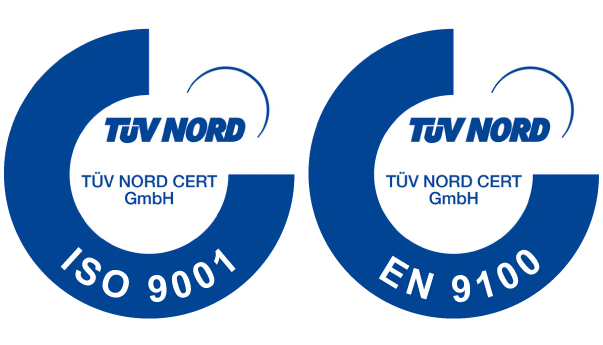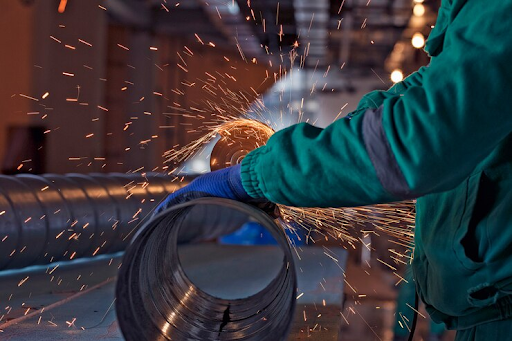When it comes to the world of manufacturing, precision is perhaps the most important factor. Various industries such as automotive production and aerospace engineering need their components to be made with meticulous attention to detail. Aluminum is one of the various materials used in these industries and it stands out because of its versatility, light weight, and strength. The fact that it is used at the rate it is in different industries underscores how important it is to master the techniques of aluminium machining so that components of the highest quality can be crafted.
What is aluminum machining?
Aluminum machining can be regarded as the very basis of modern manufacturing. This is in the sense that it helps you create intricate parts with a level of precision that does not have any parallels. It does not matter what it is – milling, drilling, or tuning – the process of aluminium machining cuts the material in such a way that the desired dimensions and shape can be achieved. Such machining is different from the others of its ilk in terms of the opportunities and challenges that it presents. You need cutting-edge technology and specialized expertise to do such work properly.
The exceptional machinability of aluminum
This is one of the biggest benefits of aluminum as a material. As opposed to other metals such as titanium and steel it is more ductile and softer. This is why it is a lot easier to shape and cut. This is also the reason why with aluminium machining you get lower tool wear and quicker production cycles which means that you can save money as a manufacturer and also enjoy greater efficiency.
The lightweight nature of aluminum
Aluminum is a lightweight material, and this is a principal reason why it is the ideal choice for industries where weight reduction is critically important. The most prominent examples of such industries using aluminium machining regularly are automotive engineering and aerospace. So, when manufacturers machine aluminum components they can get the strength-to-weight ratio that they desire while making sure that there are no issues with performance and structural integrity of the products. Such machining plays a major role in various industries such as automotive engine blocks and aircraft fuselages by optimizing designs for durability and efficiency.
Its compatibility with CNC (Computer Numerical Control) machining
Aluminium machining is compatible with CNC machining technologies – even the most advanced iterations of the same. The repeatability and precision that you get in CNC machining are simply unparalleled, to say the least. This is why manufacturers depend on it when it comes to producing the most complex aluminum parts with micron-level accuracy. By using CAD (Computer-Aided Design) and CAM (Computer-Aided Manufacturing) software along multi-axis machining centers engineers can achieve tight tolerances, which were previously thought to be impossible, and design the most intricate geometries.
Conclusion
So, in the end, aluminium machining, especially from the best names in the industry like Gemsons, can truly be regarded as the very cornerstone of contemporary manufacturing as it helps you create components of the highest quality and peerless efficiency and precision.
This is why it is used in various industries starting from automotive industries to aerospace. It is so versatile and performs so well that industries simply cannot dispense with it – they have to use it for different applications and that too a wide range of them! So, when you start using such advanced techniques of machining along with hiring skilled and expert professionals to operate them there is no limit to what you can achieve. This way, you can push the boundaries of craftsmanship and innovation, and shape a future where excellence becomes standard.



Recent Comments